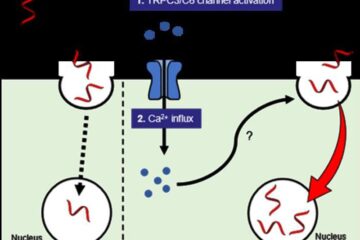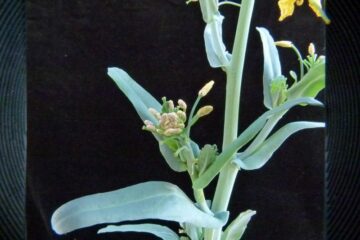Earlier harvests as temperatures rise

The scientists, from the Centre for Ecology and Hydrology and the Technical University of Munich, examined phenology records of 78 agricultural and horticultural events spanning 54 years, from 1951-2004. They found that these records of stages of vegetative growth, such as leaf emergence or fruit ripening, have advanced over time and were associated with warming temperatures.
The study also revealed that, on average, perennial plants (plants with a life-cycle lasting over 2 years) have a stronger reaction to changes in temperature than annual crops. The observed reactions are linked to climate changes rather than to changing agricultural practices but will nevertheless have implications for farming across Europe in the 21st Century.
Tim Sparks from the Centre for Ecology and Hydrology said, “Farmers are already having to be more flexible in their work timetables, such as the dates for sowing and spraying crops. If the trend continues many events will become much earlier still, for example apple picking could be two weeks earlier and maize harvesting a month earlier by the end of this century.”
Further information
NERC Press Office
Natural Environment Research Council
Polaris House, North Star Avenue
Swindon, SN2 1EU
Tel: 01793 411727 or 01793 411561
Mob: 07917 086 369
Email: pressoffice@nerc.ac.uk
Media Contact
More Information:
http://www.nerc.ac.ukAll latest news from the category: Agricultural and Forestry Science
Newest articles

Evidence for reversible oxygen ion movement during electrical pulsing
…enabler of the emerging ferroelectricity in binary oxides. In a recent study published in Materials Futures, researchers have uncovered a pivotal mechanism driving the emergence of ferroelectricity in binary oxides….

Next-generation treatments hitch a ride into cancer cells
Researchers from Osaka University discover that opening a channel into cancer cells helps antisense oligonucleotide drugs reach their targets. Antisense oligonucleotides (ASOs) are next-generation drugs that can treat disease by…

Boron deficiency: oilseed rape reacts as with infection and pest infestation
Genetic mechanisms uncovered… Boron deficiency has a devastating effect on oilseed rape and related plants. However, little is known about the underlying genetic mechanisms. A study shows that the response…





















